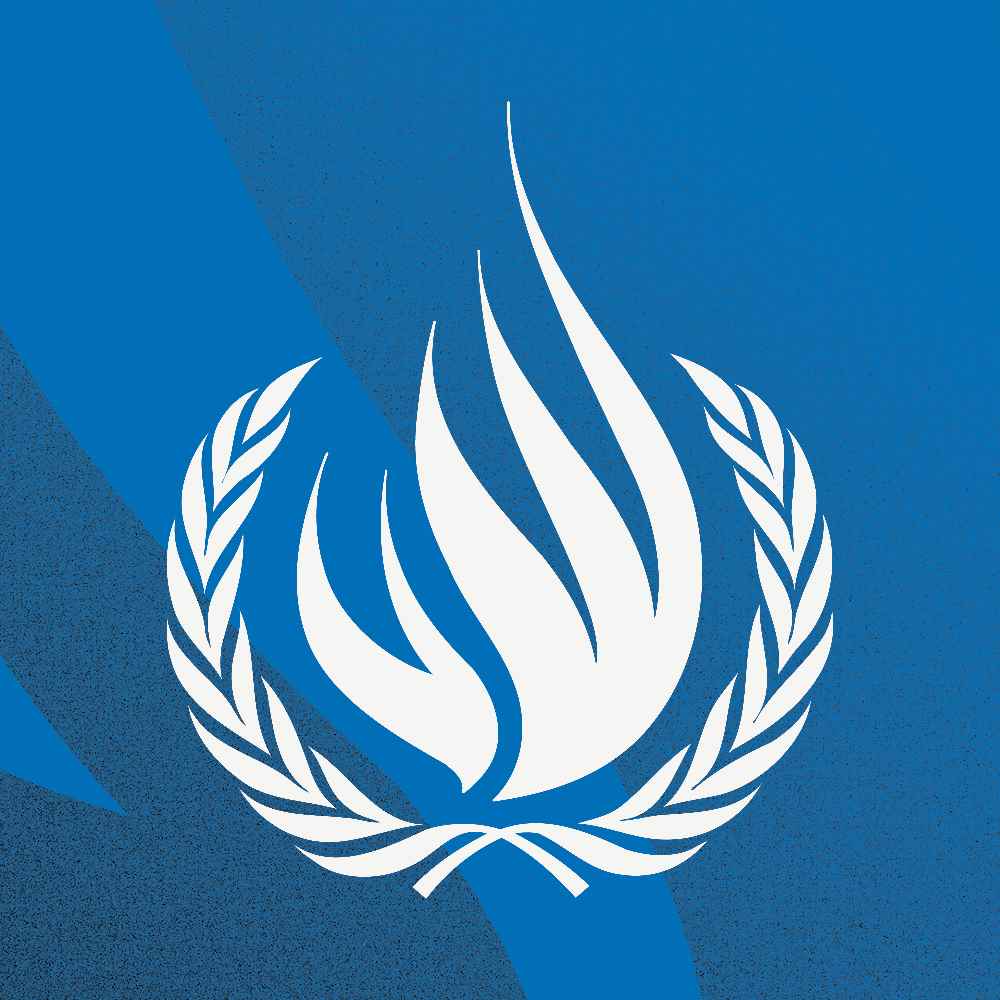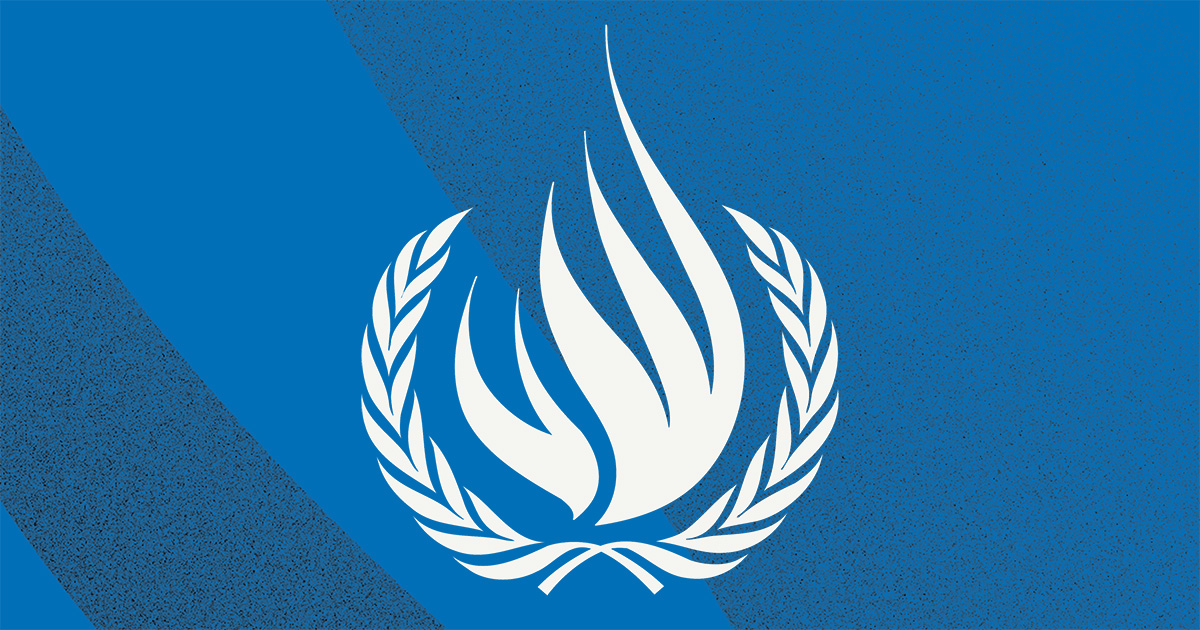
The Committee against Torture this morning opened its seventy-fourth session, which is being held in Geneva from 12 to 29 July, during which it will review efforts by Botswana, Nicaragua, State of Palestine and the United Arab Emirates to implement the provisions of the Convention against Torture and Other Cruel, Inhuman or Degrading Treatment or Punishment. The Committee adopted the session’s agenda.
Michelle Bachelet, United Nations High Commissioner for Human Rights, said it was a pleasure to welcome the Committee back to Geneva, adding that the role of the Committee was key in the elimination of the abhorrent practice of torture, which despite its prohibition, continued to be practiced in many countries. Challenges in implementing the Committee’s mandate included the growing backlog in State party reports and individual communications, as well as the non and late reporting by many States. The agreement reached by the Chairpersons of human rights treaty bodies at their meeting in June in New York was a significant achievement in overcoming these challenges, offering a new stage of strengthening the treaty body system. Ms. Bachelet hoped that the process would yield positive results for the Committee against Torture to carry out its important mandate, including to ensure that victims of torture and ill-treatment had access to justice and to full reparation.
Ms. Bachelet said that at the last session, the Committee was briefed on the Istanbul Protocol, which was routinely relied upon by international human rights mechanisms, serving as a landmark reference. The 2022 edition, published in June, updated the original text, including recent jurisprudence on torture prevention, accountability, and redress, and offered States guidance on effective implementation and good practice. Ms. Bachelet also welcomed the joint statement of the United Nations Committee against Torture, the United Nations Subcommittee on Prevention of Torture and the Board of Trustees of the United Nations Voluntary Fund for Victims of Torture, issued in June this year. Ms. Bachelet said that all had a responsibility to prevent and combat torture, and she deplored instances of harassment against those who spoke out. She concluded by wishing the Committee a productive and fruitful session.
Claude Heller, Committee Chairperson, expressed gratitude to Ms. Bachelet for her moral integrity, stating that it was encouraging that the Committee had 173 Member parties and there had been an increase in the number of accessions.
The Convention against Torture initiative complemented the Convention in its key objective, which was prevention. Civil society participation was also relevant to enrich dialogue with States. In spite of the significant headway made, there were concerns, including the persistence of torture in States that rejected any cooperation. In some cases, the practice of torture was part of the deliberate policy of the government, while in others it reflected the weakness of the rule of law stemming from structural factors. The gap between the adoption of the provisions of the Convention and their effective compliance continued to be one of the key challenges faced. The fight against eradicating torture had not yet been won; it was concerning that torture could be used as a justification in the fight against terrorism, and in times of war and crisis.
Mr. Heller said that the Committee was awaiting a major overhaul and reform. At the recent meeting in New York, regretfully, no senior official had been in a position to meet with the meeting of the 10 Chairpersons of the treaty body system, which was a lost opportunity. The Committee lacked the necessary support to fully comply with its mandate. Since the pandemic and the financial crisis, the Committee had been asked to do more with less, and many outstanding questions had still not received a response. Mr. Heller reiterated the resolve of the Committee to contribute to strengthening and re-evaluating the treaty body system.
A Committee Expert said it was the first time that the High Commissioner had attended the opening of the Committee’s session, and that it was an honour. The desire was to have all Member States of the international community belonging to the Convention, and having 10 experts for so many States was a challenge. This led to concerns, including the numerous violations of the Convention, where no State was an exception. The international environment was becoming increasingly difficult for human rights. The means available to the Committee were becoming more difficult to obtain, in order to carry out the work needed. The Committee needed resources, including a budget, and the moral authority of the High Commissioner was an undeniable asset.
Ms. Bachelet said she was as frustrated as the Committee on this topic, and the issue of the budget had been ongoing. The agreement reached in June was a positive step. Ms. Bachelet said she would use every potential possibility she had to strengthen the treaty bodies and ensure they received the adequate funding they needed. The war in Ukraine had led to inflation, and high food and fertiliser prices. This would cause political and social instability, which would lead to protesting, and could see excessive use of force from police. This was an opportunity to work with Member States to encourage them to support the treaty bodies, but it would also be a big challenge. She said the Committee needed to work with police and security forces to find how they could work in compliance with human rights mechanisms without torture or similar practices. Ms. Bachelet said she understood the importance of the job the Committee did and she would continue to do her best to strengthen the system until the completion of her term on 31 August.
Mr. Heller said that during the session, the Committee would review the reports of Botswana, Nicaragua, State of Palestine, and the United Arab Emirates. The Committee would also consider individual communications, and report on follow-up to concluding observations. He thanked States, national human rights organizations, civil society organizations and the Secretariat for their support to the Committee.
The Committee adopted its provisional agenda for the session.
Summaries of the public meetings of the Committee can be found here, while webcasts of the public meetings can be found here. The programme of work of the Committee’s seventy-fourth session and other documents related to the session can be found here.
The Committee will next meet in public on Wednesday, 13 July, at 10 a.m. to consider the initial report of the United Arab Emirates (CAT/C/ARE/).
Link: https://www.ungeneva.org/en/news-media/meeting-summary/2022/07/committee-against-torture-opens-its-seventy-fourth-session
___________
Produced by the United Nations Information Service in Geneva for use of the information media;
not an official record. English and French versions of our releases are different as they are the product of two separate coverage teams that work independently.








